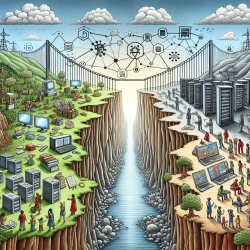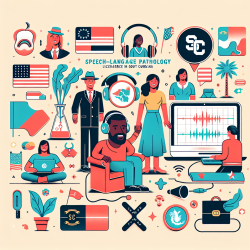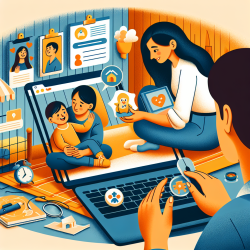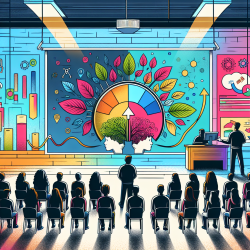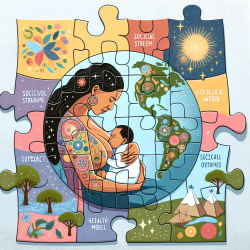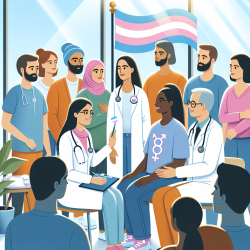The digital divide is not just a technological issue; it is a pressing human rights concern that demands our attention and action. As practitioners in the field of social work and education, it is imperative that we recognize the profound impact that limited access to high-speed internet has on marginalized communities. The research article "The Digital Divide Is a Human Rights Issue: Advancing Social Inclusion Through Social Work Advocacy" highlights the critical role practitioners can play in bridging this gap and fostering social inclusion.
The Digital Divide: A Barrier to Human Rights
The United Nations General Assembly declared internet access a basic human right in 2016, emphasizing its importance in exercising freedom of opinion and expression. However, millions of people in the USA still lack access to high-speed internet, particularly low-income individuals, people of color, older adults, Native Americans, and rural residents. This lack of access perpetuates social, economic, and political disparities.
The research underscores that high-speed internet is essential for participating in today's society—whether it's accessing education, healthcare, or employment opportunities. Without it, individuals are excluded from vital aspects of daily life, which further entrenches inequality.
Promising Practices for Advocacy
The article outlines several promising practices and advocacy tools that practitioners can employ to address the digital divide:
- Policy Advocacy: Engage with policymakers at local and state levels to promote broadband expansion initiatives like California’s Internet for All Now Act.
- Community Engagement: Work with community stakeholders to identify barriers to internet access and develop tailored solutions that meet local needs.
- Education and Training: Implement digital literacy programs to empower individuals with the skills needed to navigate the digital world effectively.
A Call to Action
The responsibility lies with us as practitioners to advocate for policies that ensure equitable access to technology. By doing so, we can help dismantle barriers that prevent marginalized communities from fully participating in society. The article encourages social workers to form coalitions with other stakeholders such as libraries, schools, and non-profits to create a unified voice for digital inclusion.
The Digital Divide Is a Human Rights Issue: Advancing Social Inclusion Through Social Work Advocacy
